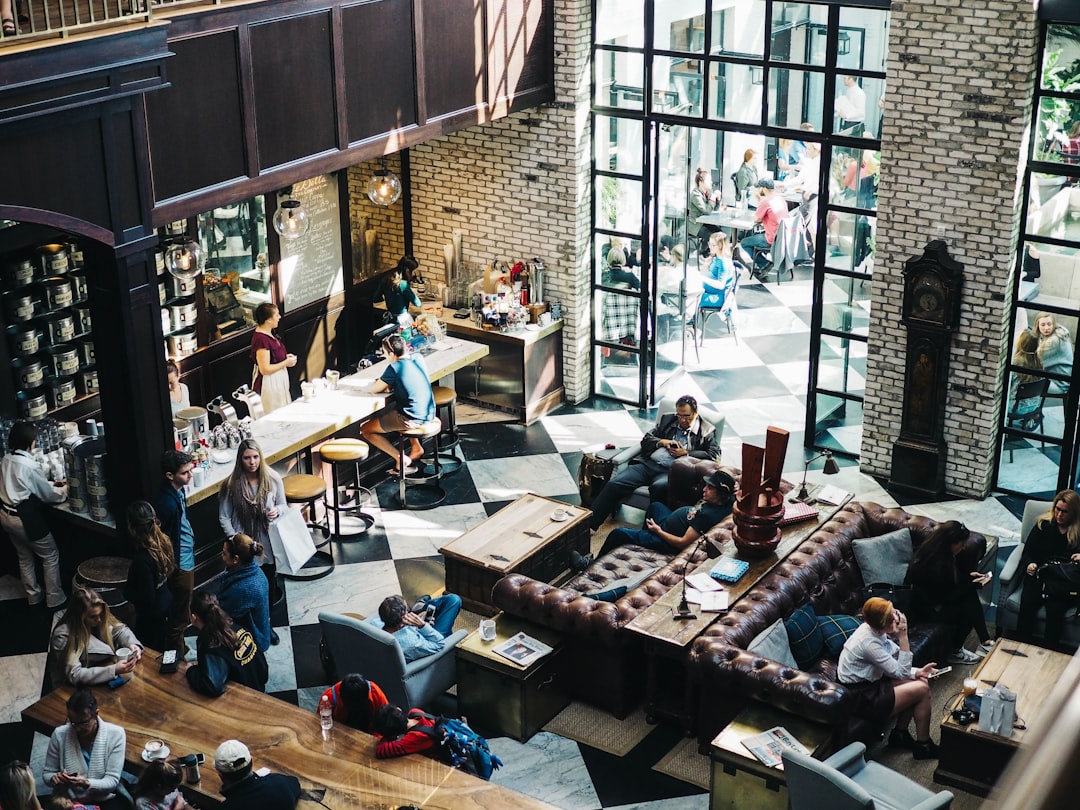Big delivery sets its sights on dine-in
A pair of acquisitions set the stage for continued expansion
You don’t need another reminder of the devastating crisis in Ukraine, but here’s a quick link to donate to World Central Kitchen to support José Andrés and the group’s continued efforts to feed people in need.

The world of independent restaurant technology keeps shrinking. In the past week, a pair of smaller restaurant technology startups were snapped up by larger companies looking to incorporate their very specific slice of technology into their larger products.
On Tuesday, DoorDash continued its mission to make itself indispensable to all restaurants, announcing it would acquire digital ordering company Bbot. (Terms of the deal were not disclosed.)
A press release announcing the intended acquisition made DoorDash’s motives clear. Bbot provides a few pieces of complementary functionality, including easy in-store ordering and payments, that restaurants love. A DoorDash executive specifically called out the company’s new ability to widen its customer base to venues including bars and hotels, largely thanks to Bbot’s customizable tech.
But also, DoorDash said it plans to use Bbot to expand Storefront, its commission-free first-party ordering platform, “to address merchant demand for a more integrated and simplified software solution.”
An additional signal of how important this move is for the country’s leading third-party delivery provider: Bbot is waving all monthly subscription fees for digital in-store and online ordering products through the end of August. (Translation: try now, get hooked, pay later — the kind of marketing a large and well-capitalized company can afford to do as it works to grow its customer base.)
Last week, online ordering giant Olo announced an acquisition of its own.
Olo will buy restaurant tech company Omnivore in what is (surprisingly!) its second-ever acquisition. Omnivore’s software connects to most point of sale systems to help restaurants integrate other tech partners. It’s also an opportunity to continue to grow Olo’s in-store capabilities, an area that company CEO Noah Glass has earmarked as important for the company’s continued growth and success.
Once the acquisition closes, Omnivore will be fully absorbed into Olo. Its existing customers will have to reach out to an Olo rep to determine if they should continue to use the service. [Ed note: After sharing the above, an Olo representative clarified that existing Omnivore customers will be able to continue their existing service without interruption once the deal has closed.]
At the same time, Glass announced the launch of Olo Pay, a restaurant-specific payments platform that allows customers to securely store payment information to check out fast. It’s all in service of the sort of seamless digital ordering experience we’ve come to expect — a company rep likened Olo Pay to Shopify’s Shop Pay, which conditioned us to fast payment at plenty of online retailers, large and small.
Critics of the deal (and, tbh, competing company executives if my inbox is any indication) lament the loss of more independent restaurant technology providers as the industry continues to consolidate. One vocal CEO essentially accused Omnivore as “selling [its] soul.” Another predicted the end of the so-called “integration bubble,” with large companies opting instead to build their own proprietary tech stacks, incentivizing restaurant owners to buy from their offerings.



